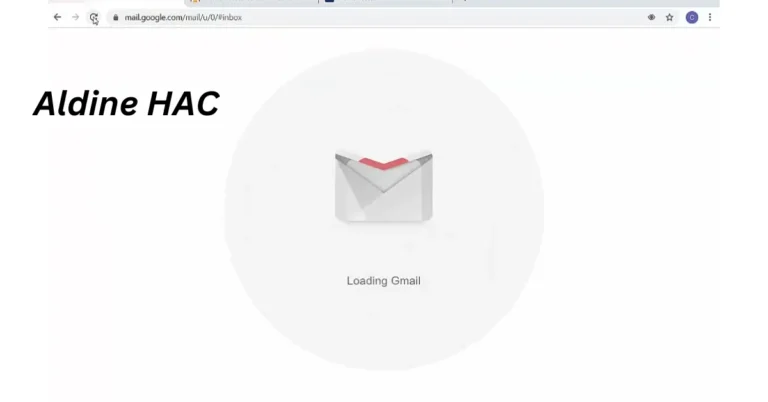Balancing the Books: Effective Tax Planning Tips for Legal Practices
Introduction to Tax Planning for Law Firms
In the complex and highly regulated world of legal practice, tax planning is of significant importance. Many law firms may underappreciate the impact of an effective tax strategy, which can contribute tremendously to the firm’s fiscal health and operational resilience when leveraged correctly. An actionable and strategic approach to taxes can liberate a firm from the pitfalls of compliance missteps, enabling it to seize growth opportunities instead. For legal practices, well-rounded tax planning strategies for law firms are beneficial and essential for sustained success in a competitive industry.
Understanding the Financial Landscape
The economic environment in which law firms operate is dynamic. With frequent regulatory updates and the ever-evolving nature of financial laws, law firms must stay informed and agile. Understanding the nuances of the broader financial landscape is foundational for proactive tax planning. It involves a keen awareness of changes in tax codes, economic shifts, and how these elements intersect with legal business models. Leveraging economic resources can equip firms with the necessary insights into these complex financial dynamics, allowing them to navigate with an informed approach and make data-driven decisions.
Strategies for Tax Efficiency
Optimizing tax efficiency requires a multi-faceted approach, combining immediate and long-term strategies. Law firms should maximize their eligibility for deductions such as those available for professional education, technological upgrades and office infrastructure investments. It is equally important to consider tax credits that apply to the legal field. Moreover, the firm’s strategic structuring can have significant tax implications, whether as a partnership, corporation, or sole proprietorship. Engaging with financial advisors specializing in legal taxes can unveil opportunities to reduce taxable income and enhance profitability. Decisions from hiring to acquisition should factor in potential tax consequences to ensure optimal fiscal outcomes.
Compliance: Keeping Your Practice on Track
Compliance with tax laws is not just a regulatory obligation but a critical element in safeguarding a law firm’s reputation and financial stability. The labyrinth of tax compliance mandates a vigilant approach—both in understanding evolving tax codes and maintaining meticulous records. Non-compliance can result in severe consequences including audits and financial penalties that tarnish a firm’s standing. Regular internal audits, systematic documentation of expenses and professional training for the staff form the bedrock of compliance practices. Staying updated with tax reforms and maintaining open channels with tax authorities are effective measures for a sound compliance strategy.
Leveraging Technology in Tax Planning
The digital age offers powerful tools to enhance the efficiency and accuracy of tax planning processes in law firms. From advanced accounting software to AI-driven platforms, technology streamlines data management, simplifies reporting and automates routine tasks. By reducing the manual workload, these tools allow legal practices to focus directly on strategic decision-making. Innovations highlighted by tech-centered platforms demonstrate how firms can leverage these technologies to gain insights, optimize processes, and bolster their tax strategies. Implementing the right technological solutions can transform tax planning from a complex task into a seamless part of the firm’s workflow.
Common Mistakes to Avoid
Missteps in tax planning can translate into costly penalties and lost growth opportunities. A standard error underestimates the necessity of regular tax strategy reviews, leading to outdated practices that no longer serve the firm’s interests in a changing economic environment. Another frequent mistake is failing to maintain detailed records which can impede the accuracy of tax submissions and complicate audit processes. Additionally, disregarding the significance of expert advice often results in missed benefits that could align the firm more closely with profitable tax, financial and operational strategies. By proactively identifying and correcting these errors, law firms can optimize their tax planning efforts and avoid unnecessary headaches.
Expert Tips for Successful Tax Planning
Gaining insights from tax planning experts can significantly enhance a law firm’s competitive advantage, particularly as they strive to refine and optimize their operational strategies. Experts in the field underscore the importance of continuous learning, highlighting that remaining informed about legislative updates and tax regulations is crucial. Such awareness not only helps firms navigate the complexities of tax laws but also enables them to adjust their strategies proactively.
Building a solid relationship with a knowledgeable tax advisor is essential for any law firm. An adviser with legal industry experience may offer customized advice for the organization’s long-term objectives and particular requirements. This personalized advice can extend to various aspects of tax planning from deductions and credits to compliance issues, ensuring that the firm makes informed financial decisions.
Additionally, experts strongly advocate for scenario planning. This strategic strategy enables businesses to be flexible and adaptable to any shifts in the tax environment by planning for various possible tax outcomes and ramifications. By analyzing different tax scenarios, law firms can develop contingency plans that minimize risks and capitalize on opportunities.
These proactive strategies help law practices maintain a robust tax posture, support their overarching ambitions, and facilitate smooth day-to-day operations. By investing in these connections and strategies, firms can improve their capacity to prosper in a constantly changing legal environment.
Conclusion: Future-Proofing Your Firm’s Finances
To navigate the future successfully, law firms must embed resilient tax planning strategies encompassing compliance adherence, efficiency optimization, and strategic agility. By staying informed and leveraging human expertise and technological innovation, firms can effectively manage their tax obligations, minimize liabilities, and position themselves for continuous growth. Future-proofing your firm’s finances requires vigilance, adaptability, and strategic foresight—ultimately enabling it to thrive in an ever-evolving legal and economic landscape.
Key Takeaways
- Learn the importance of integrating financial strategies into law firm operations.
- Discover methods to ensure compliance while optimizing tax outcomes.
- Explore how informed tax planning can benefit overall business health.






